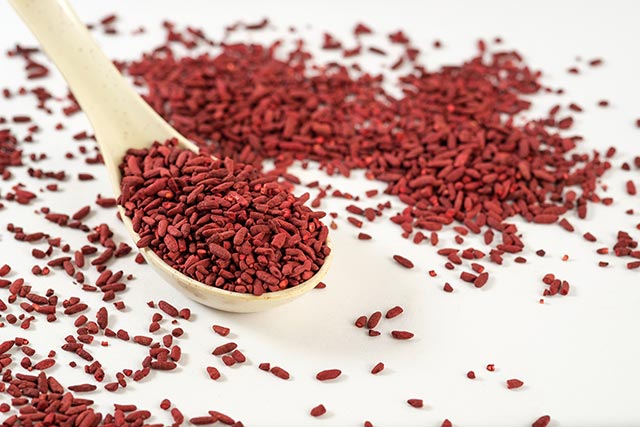Get moving! Research shows that even cancer patients benefit from proper exercise
11/19/2019 / By Melissa Smith

Being physically active leads to many health improvements. Even people with cancer may benefit from exercise, particularly high-intensity interval training (HIIT). A study published in the Journal of Physiology found that this specific type of exercise not only prevents the development of cancer, but also slows down tumor growth in people who have already been diagnosed.
Earlier studies have shown that physical activity improves outcomes for people with cancer. For example, a study published in the British Journal of Cancer found that testicular cancer survivors experienced reduced fatigue and improved self-esteem after participating in a 12-week HIIT program.
However, in the latest study, researchers from The University of Queensland, Australia and the University of Waterloo, Canada looked at how exactly does exercise offer this type of beneficial effect. To be specific, they wanted to understand how HIIT affected people with colon cancer.
Colon cancer occurs in the large intestine, the final part of the digestive tract. This cancer typically begins as small, noncancerous clumps of cells called polyps that form on the inside of the colon. Over time, some of these polyps can turn into colon cancers.
The researchers recruited 20 colon cancer survivors to participate in HIIT exercise sessions. One training session was defined as four by four minutes of workout performed at 85-90 percent peak heart rate. The researchers also measured the blood serum levels of these participants.
Half of the participants had their serum levels checked right before, right after, and two hours after a HIIT session. The other half had their serum levels measured before the intervention and four weeks later or after 12 sessions.
The researchers found that in the blood samples taken right after a HIIT session, the number of colon cancer cells decreased and the number of cytokines, such as tumor necrosis factor-alpha increased. Cytokines are immune cells that help fight infection and regulate inflammation, while necrosis means cell death.
“Repetitive exposure to these acute effects [of HIIT training] may contribute to the relationship between exercise and improved colorectal cancer survival,” the researchers wrote.
The researchers concluded that participating in HIIT exercise regularly may expose you to the beneficial immune system changes that are present right after your workout. This is good news whether you are currently being treated for cancer or simply trying to prevent it.
Add HIIT to your weekly workout routine
Despite the rise in gym memberships over the past two decades, only half of the American adults get the physical activity they need to reduce and prevent chronic diseases. The current exercise guidelines are 150 minutes of moderate-intensity exercise or 75 minutes of vigorous physical activity per week.
If you think you are too busy to get moving, try adding a few HIIT sessions to your week. HIIT is defined as short bursts of high-intensity exercise followed by periods of rest. Here are some reasons why HIIT can be relatively easy to add to your workout routine:
- It is not time-consuming. If executed properly, you can get a great HIIT workout done in four minutes or less.
- It doesn’t require a lot of equipment. You can use simple bodyweight movements done in your own living room.
- It can help you lose weight faster. During and after a HIIT session, you burn many calories. This is due to the phenomenon known as excess post-exercise oxygen consumption (EPOC). The more intense a workout is, the greater the EPOC effect.
While HIIT sessions are challenging, they will be over quickly. They are also as effective as they are short-lived, which makes them a great part of a weekly workout.
Sources include:
CDC.gov[PDF]
Tagged Under: alternative medicine, anticancer, disease treatments, exercise, fitness, immune system, natural cures, natural medicine, physical activity, prevention, remedies, research
RECENT NEWS & ARTICLES
COPYRIGHT © 2017 RESEARCH NEWS




















